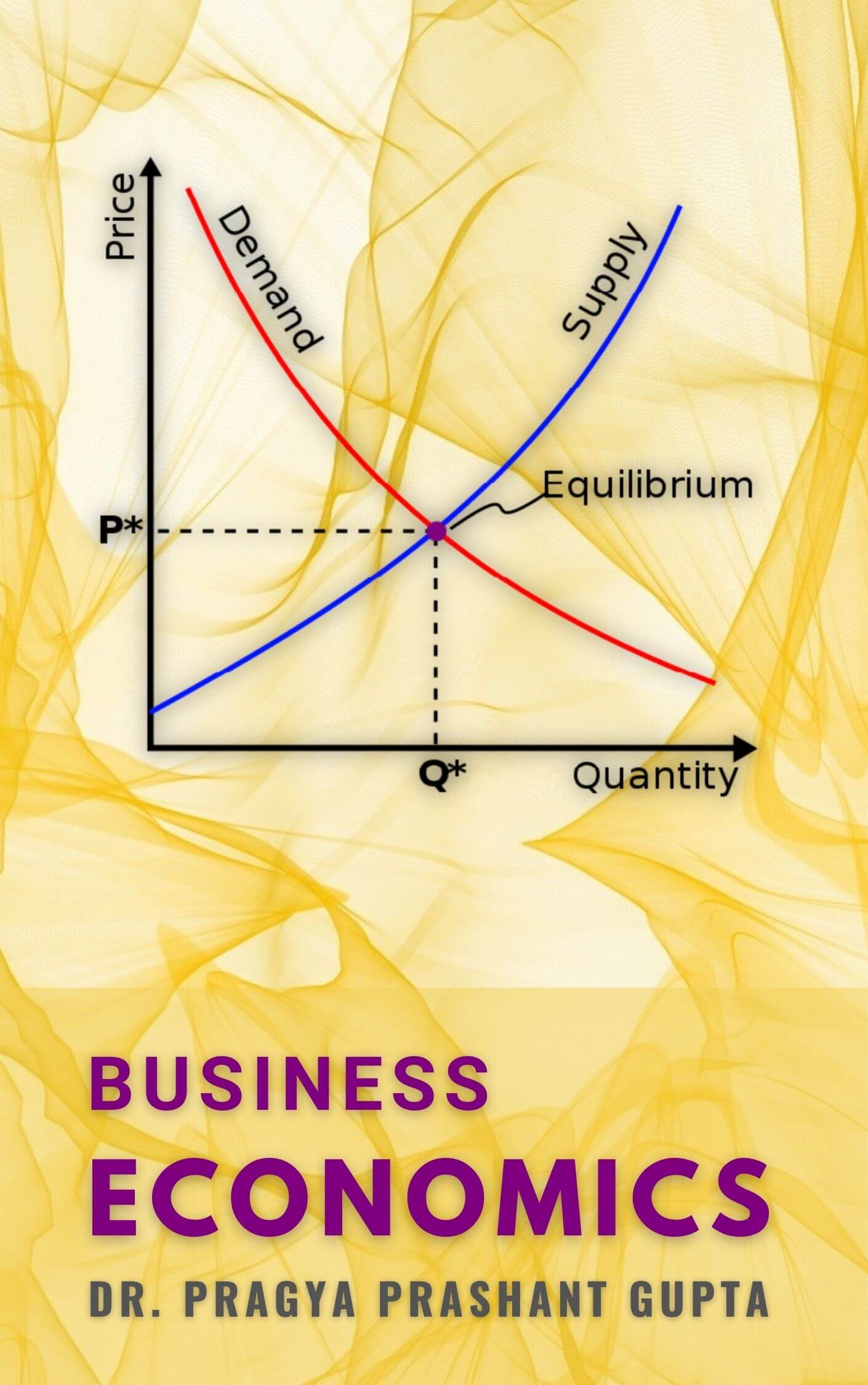Read eBook on Lokayatan app
Based on the New Education Policy.
*By purchasing you agree to the Terms & Conditions
CHAPTER – 1
INTRODUCTION TO ECONOMICS
Glimpse of Chapter
- Introduction to Economics
- Meaning and Definitions of Economics
- Evolution in the Definitions of Economics
- Study of Economics – Importance and Significance
- Central Economic Problems of any Economy
- Exercise
1.1 Introduction to Economics
Economics is the science that deals with production, exchange and consumption of various commodities in economic systems. It shows how scarce resources can be used to increase wealth and human welfare. The central focus of economics is on the scarcity of resources and choices among their alternative uses. The resources or inputs available to produce goods are limited or scarce. This scarcity induces people to make choices among alternatives, and the knowledge of economics is used to compare the alternatives for choosing the best among them. For example, a farmer can grow paddy, sugarcane, banana, cotton, etc. in his garden land. But he has to choose a crop depending upon the availability of irrigation water.
Two major factors are responsible for the emergence of economic problems. They are: i) the existence of unlimited human wants and ii) the scarcity of available resources. The numerous human wants are to be satisfied through the scarce resources available in nature. Economics deals with how numerous human wants are to be satisfied with limited resources. Thus, the science of economics centers on want – effort – satisfaction.
1.2 Meaning and Definition of Economics
1.2.1 Classical Definitions of Economics
Several economists have defined economics taking different aspects into account. The word ‘Economics’ was derived from two Greek words, oikos (a house) and nemein (to manage) which would mean ‘managing an household’ using the limited funds available, in the most satisfactory manner possible.
1.2.2 Modern Definitions of Economics
Economics is a subject matter that studies different economic activities as directed towards the maximisation of satisfaction or maximisation of profit at the level of an individual, and maximisation of social welfare at the level of the country as a whole.
1.3 Evolution in the Definitions of Economics
Economics as a subject has assumed great importance in the field of social science. In our day to day life we use a lot of economic concepts such as banking, borrowing, demand, goods, inflation, lending, market, price, rate of interest, supply, tax etc. Similarly, we take economic decisions related to the distribution of our income to purchase various goods, making a budget to do some work, taking up a job to earn, withdrawing money from bank etc. We also observe and get information on the economic situation of our society or country foreign country and the world.
Economics is a vast subject, so it is not easy to give a precise definition or meaning of economics as its scope and the area it covers are very large. Ever since, it emerged as a separate branch of study in social science, various scholars and authors have tried to give its meaning and objectives.
Economics is a study of ‘Choices’ or ‘Choice- Making’. Choicemaking is relevant for every individual, families, societies, institutions, areas, state and nations and for the whole world.
Hence, Economics has wide applications and relevance to all individuals and institutions.
Overview & Preview
| Book Type: | eBook, PDF (359 pages), 21 Chapters |
|---|---|
| Language: | English |
| ISBN: | 978-93-92308-05-5 |
This book is covering the complete syllabus of Business Economics. It is the only book of its kind which is student-friendly, teaching convenient, and exam-oriented at the same time. The main purpose of this book is to enable the student to write the correct, logical, relevant, coherent, well proportioned, and impressive answers to the questions asked in the examination.
The book has been written in very simple and understandable language along with the appropriate examples, diagrams, and other student-friendly concepts. Not only this book covers the long answer-type questions but also the short answer-type questions. Both of the question types are organized in the unit-wise syllabus.
Sample Pages
APPBOOK
Lokayatan publication has come up with this innovative idea to make the learning process even more fun and engaging for learners.
Stay
CONNECTED











